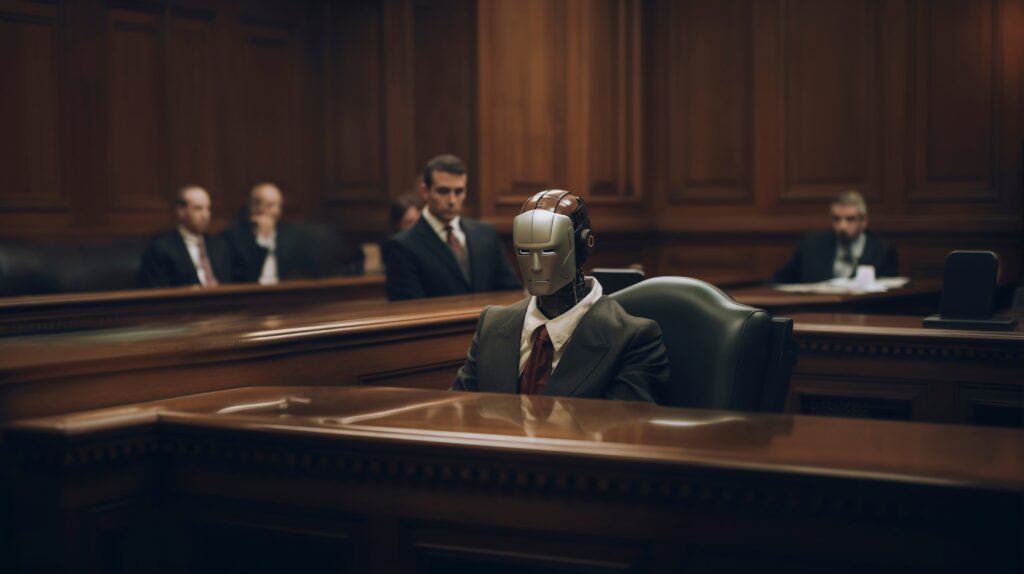Courts signal limits on AI in legal proceedings
Judicial guidance permits limited AI assistance, but judgments must remain human, reasoned, evidenced and attributable to the judge.

A High Court judge warned that a solicitor who pushed an expert to accept an AI-generated draft breached their duty. Mr Justice Waksman called it a gross breach and cited a case from the latest survey.
He noted 14% of experts would accept such terms, which is unacceptable.
Updated guidance clarifies what limited judicial AI use is permissible. Judges may use a private ChatGPT 365 for summaries with confidential prompts. There is no duty to disclose, but the judgment must be the judge’s own.
Waksman cautioned against legal research or analysis done by AI. Hallucinated authorities and fake citations have already appeared. Experts must not let AI answer the questions they are retained to decide.
Survey findings show wider use of AI for drafting and summaries. Waksman drew a bright line between back-office aids and core duties. Convenience cannot trump independence, accuracy and accountability.
For practitioners, two rules follow. Solicitors must not foist AI-drafted expert opinions, and experts should refuse. Within courts, limited, non-determinative AI may assist, but outcomes must be human.
Would you like to learn more about AI, tech, and digital diplomacy? If so, ask our Diplo chatbot!
